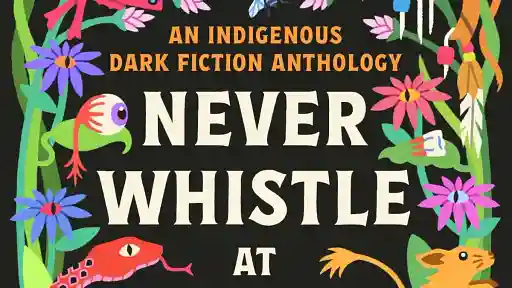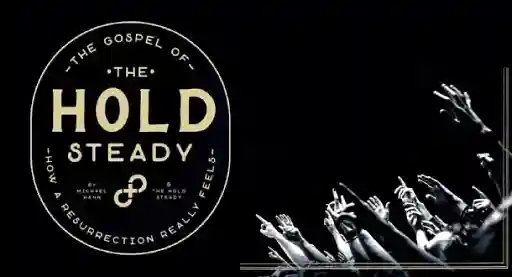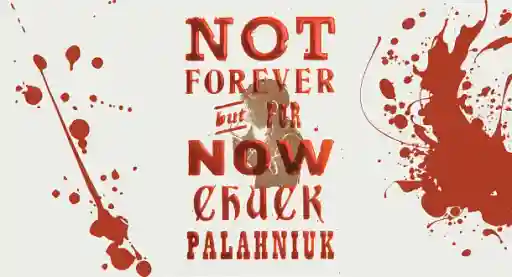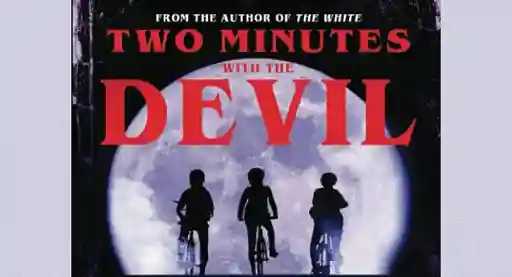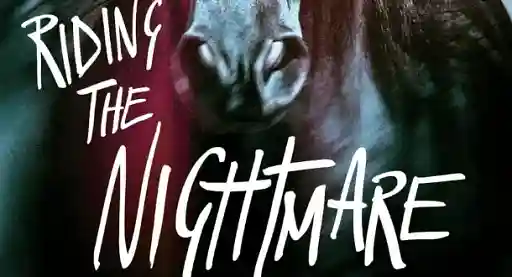A lost novel is a very strange thing. The term implies that the author’s career carries or carried (as is often the case) enough weight to justify the publication of a previously unreleased work, which creates problems for a critic. How should one judge a never-released, not-quite-finished book? Is it fair to judge this “lost” novel through the lens of the author’s legacy, and more importantly, is any alternative even possible?
Jack Kerouac died over forty years ago, in 1969. His last novel was published almost as long ago (Vanity of Duluoz, 1968), yet Kerouac remains, for better worse, in the collective literary consciousness. On the Road, far and away his most popular work, has come to represent not only Kerouac himself, but an entire generation of people who found themselves caught between the worlds of unbridled political and intellectual idealism, and fulfillment in worlds more immediate and tangible. The central question of On the Road is perhaps best summed up by Sal Paradise himself: “Hey now, what’s this thing we’re all doing in this sad brown world?”
This question is certainly revisited (or is it "pre-visited"?) in The Sea is My Brother, which was completed in 1942, a full eight years before The Town and the City, which launched Kerouac’s career, and almost twenty before On the Road, which cemented his place in literary history. At a little over 200 pages, it’s hardly a meaty read, especially compared to the two previously mentioned titles. However, The Sea is My Brother is a fascinating read, both in its own right and as part of Kerouac’s canon.
The novel begins with Wesley Martin, a young merchant marine, wandering the streets of New York City, having blown through most of his pay in a few nights of wild revelry. He stumbles into a bar, spends his last bit of change on a beer, and easily chats up a young woman who drags him over to her table, where he meets Bill Everhart. Through these two characters, the wild-eyed, fiercely intelligent but somewhat cautious and reserved academic (Everhart), and the salt-of-the-earth, wandering everyman (Martin), Kerouac presents the two clashing sides of his own personality. The autobiographical slant continues throughout the book, as Everhart leaves his graduate studies at Columbia behind to join Martin for a tour of duty in the Merchant Marine. The conflicts are almost all internal, as in this passage, in which Everhart ruminates over what it means to truly live a responsible and worthy life:
A confused intellectual, Everhart, the oldest weed in society; beyond that, an intelligent modern minus the social conscience of that class. Further, a son without a conscience--a lover without a wife! A prophet without confidence, a teacher of men without wisdom, a sorry mess of man thereat!
These meditations are abruptly cut short (as the novel ends) when their ship sets out for sea. Fans of Kerouac’s work may find themselves in a quandary when deciding how they feel about The Sea is My Brother. The book is worth a quick read when taken as an origin story of sorts, but almost everything that hits close to the heart is somewhat half-formed, and was refined and executed with greater beauty and precision in Kerouac’s later work. The language is still hauntingly beautiful and lonely; in one chapter, Martin runs into his estranged wife, and Kerouac speaks to the innate tragedy of human relationships, and the failure to maintain them (themes that would propel the bulk of his work):
Edna was weeping…the tears were rolling down the back of Wesley’s hand. He turned up her face and gazed at it in the somber darkness, a pale visage gemmed with tears, a strange face that tore his heart with a tragic, irrefragable sense of change. This was not she! Once more she had drawn his face to hers; a wet mouth was kissing his chin. His cheek, pressed against her feverish brow, could feel a dull throbbing in the furrow of her scar. Who was this woman?
Fans of On the Road or, to a lesser extent, The Dharma Bums, may delight in the genesis of an artist who was constantly searching for the brutal but beautiful truth found in loneliness and heartbreak, but at the end of the day, the narrative jumps around aimlessly, in a way that makes the ramblings of On the Road read like Hemingway. In short, the book brings nothing to a fan of the beats but context and a little more insight into Kerouac’s early life as a writer. Those who find the author’s previous work blandly melodramatic or inconclusive would do well to skip The Sea is my Brother, as Kerouac’s premier novel shows even less restraint than his follow-ups.
The Sea is My Brother is not a great novel, but it is a great tool in understanding the development of one of the most iconic American authors of the 20th century. Perhaps this is the true function of the “lost novel”: as a supplement to an already rich body of work, something to help us understand and appreciate how the art came to fruition. In this endeavor, The Sea is my Brother succeeds handily.
Care to draw your own conclusion? We've got three copies to give away, courtesy of Da Capo Press. All you have to do is (briefly) tell us your best road story in the comments below.

About the author
John is a copy editor and contributing writer at LitReactor, and also does work for TwitchFilm.com. He holds a film degree from the University of Texas at Austin, and is currently hard at work on several as-yet unnamed projects.
